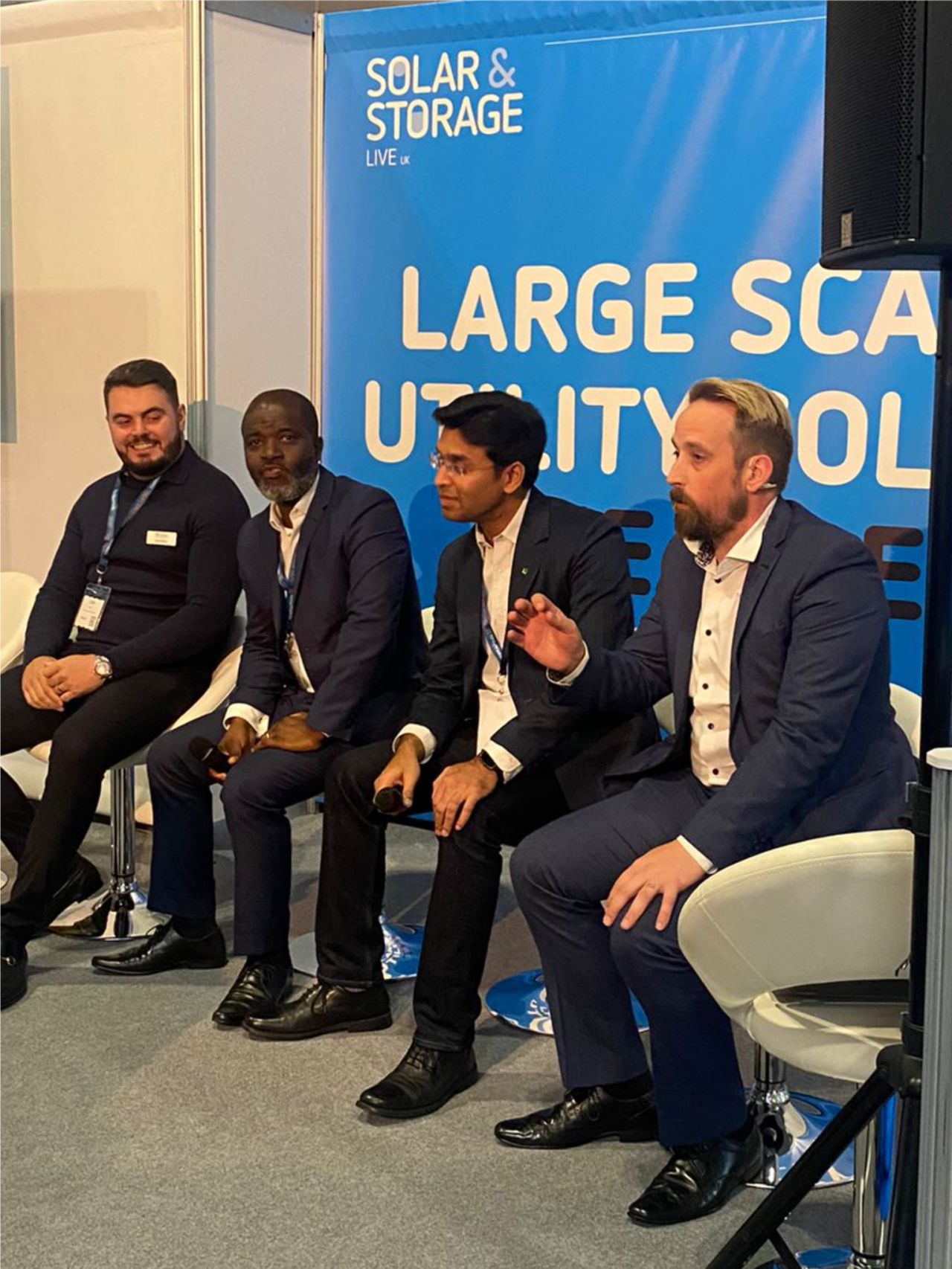DES has been providing specialist, reliable renewable energy technologies to the commercial sector for many years. Our current and previous clients include councils, property developers, commercial landlords, multinational businesses, and plenty of independent local businesses.
Our services include (but are not limited to) rooftop solar, ground mounted solar, ac and dc electric vehicle charging, battery storage systems and specialist hv services. We have worked on projects all across the UK and have big plans for growth in the coming years as the renewables industry continues to develop.
DES are proud members of Solar Energy UK and are committed to providing high quality specialist services to all our clients and helping to shape the future of the renewables market in the UK. Our team regularly speak at industry events such as Solar and Storage and in the last few years have moderated several of the panels.












